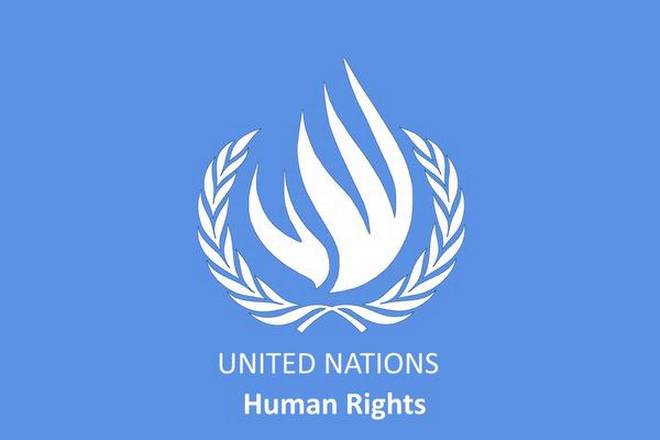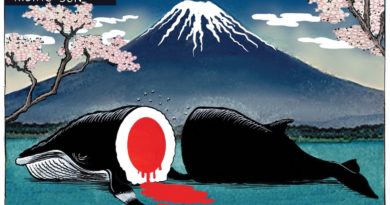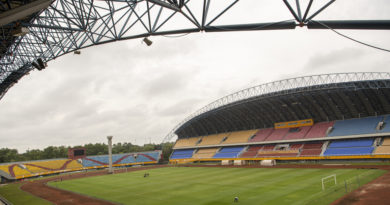COMMENTARY: UN probes don’t infringe on PH sovereignty
The following acts (and facts) are essentially taken for granted by President Duterte and his defenders: That Mr. Duterte has instigated ordinary citizens to kill suspected drug pushers and addicts; he issued shoot-to-kill orders to policemen in the prosecution of his so-called “war on drugs”; he offered bounties for killing those allegedly involved in the drug trade; and he even admitted to personally killing crime suspects.
By the standards of the Philippine legal system and of civilized societies, the occurrence and commission of the aforesaid acts are punishable crimes.
–THIS SPACE BELOW IS RESERVE FOR YOUR ADVERTISEMENT –

By the standards of the Philippine legal system and of civilized societies, the occurrence and commission of the aforesaid acts are punishable crimes.
–THIS SPACE BELOW IS RESERVE FOR YOUR ADVERTISEMENT –

–THIS SPACE BELOW IS RESERVE FOR YOUR ADVERTISEMENT –

Contrary to what Mr. Duterte’s administration asserts, the investigations being sought by the UN Human Rights Council are not an impingement on the sovereignty of the Philippines, or of any independent state for that matter. A state that’s a signatory to the UN Charter (which stipulates that among the fundamental reasons for the organization’s existence is “[t]o achieve international cooperation… in promoting and encouraging respect for human rights and for fundamental freedoms”) is deemed to have made a voluntary transfer of a portion of its sovereignty to that international assembly of independent states. International law, and the correlative obligations among nations created thereunder, are no less the outcome of the exercise of consensual self-limitation by individual states.
In the same way that the Filipino people limit their own sovereign powers by ceding certain such powers to constitutional agencies with interdependent rights and correlative duties to each other, the Philippine state, to endeavor peace and “amity with all nations” by joining other countries in international agreements, transfers certain of its powers to a body like the UN, which is composed of equally sovereign states having correlative rights and duties to each other.
Thus, the “sovereign Filipino people” (collectively, the state) declare in Section 2, Article II of the Philippine Constitution that their country “adopts the generally accepted principles of international law as part of the law of the land and adheres to the policy of peace, equality, justice, freedom, cooperation and amity with all nations.”
–THIS SPACE BELOW IS RESERVE FOR YOUR ADVERTISEMENT –

peration and amity with all nations.”
Sovereign states are indeed supreme and illimitable EXCEPT by themselves. Absent this framework of sovereign self-restriction, international law and international relations will be meaningless, and nations will be in a constant state of insecurity.
.
–THIS SPACE BELOW IS RESERVE FOR YOUR ADVERTISEMENT –

* * *
Abe N. Margallo is a published author and a former Constitutional Law professor.
–THIS SPACE BELOW IS RESERVE FOR YOUR ADVERTISEMENT –

 All photographs, news, editorials, opinions, information, data, others have been taken from the Internet ..aseanews.net | [email protected] |.For comments, Email to : D’Equalizer | [email protected] | Contributor |
All photographs, news, editorials, opinions, information, data, others have been taken from the Internet ..aseanews.net | [email protected] |.For comments, Email to : D’Equalizer | [email protected] | Contributor |








